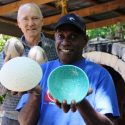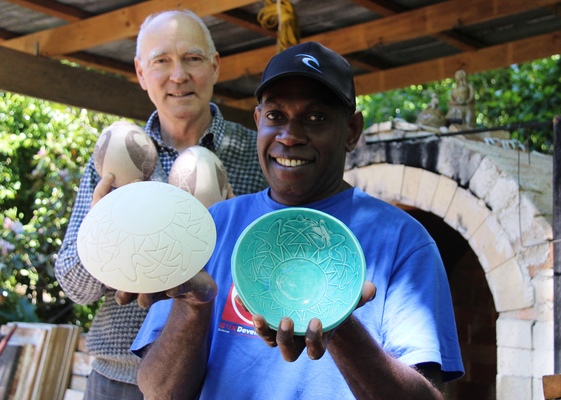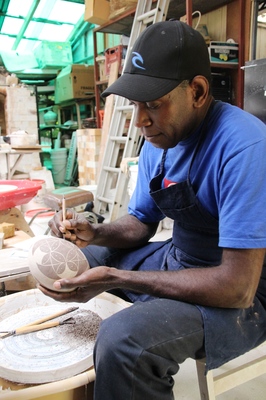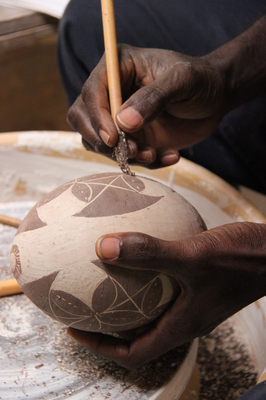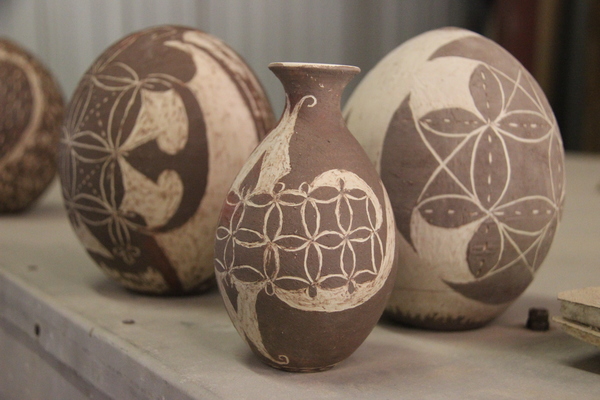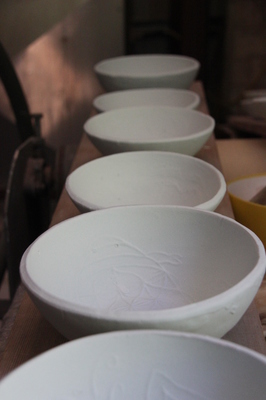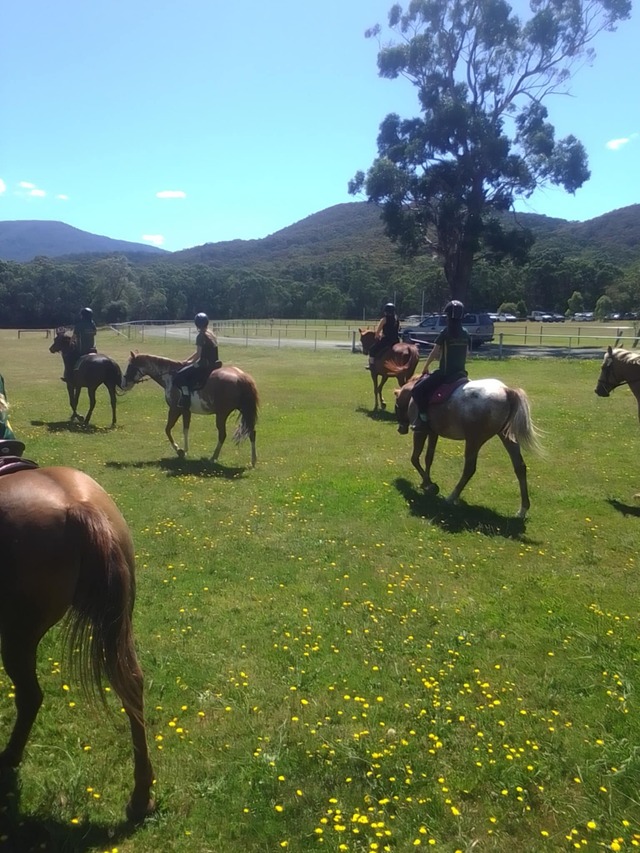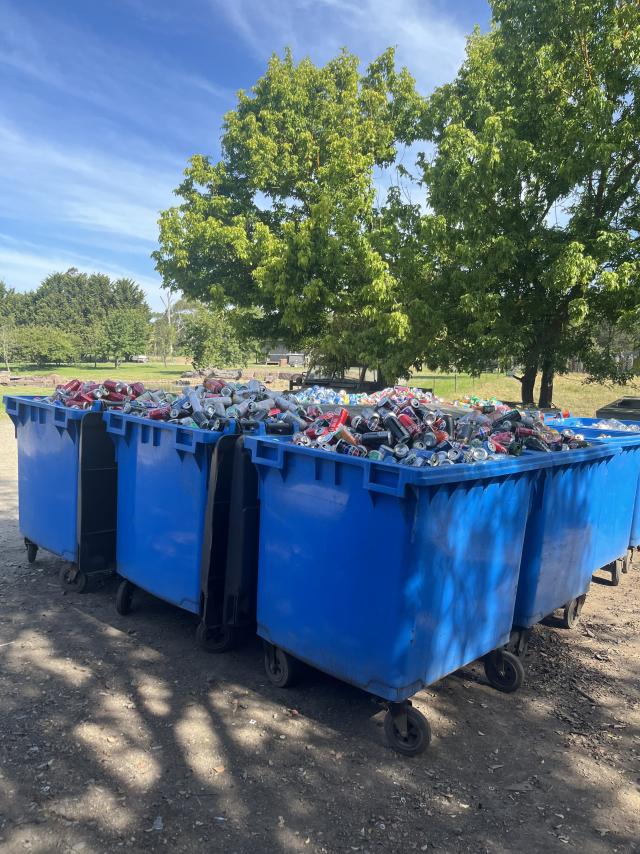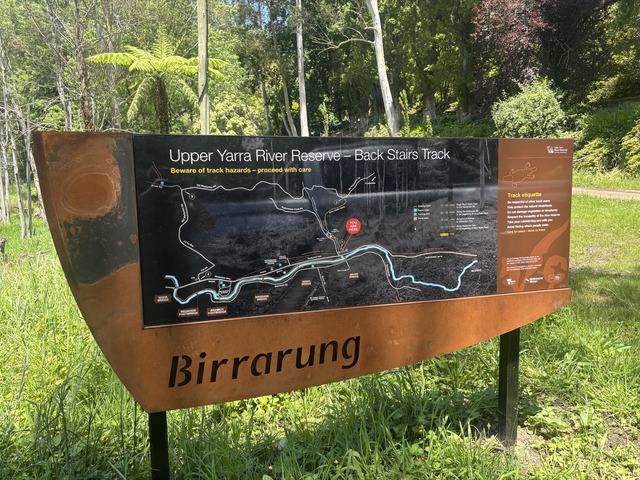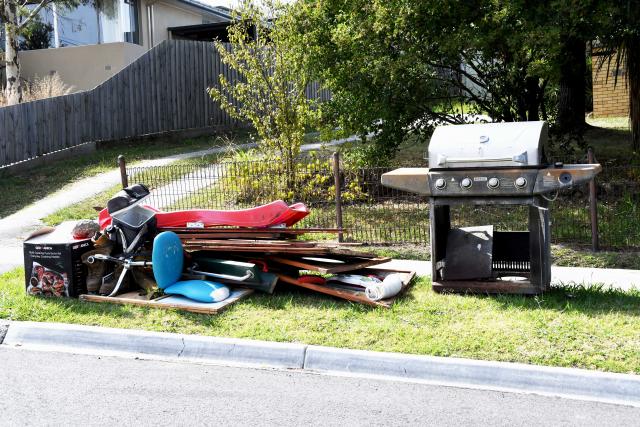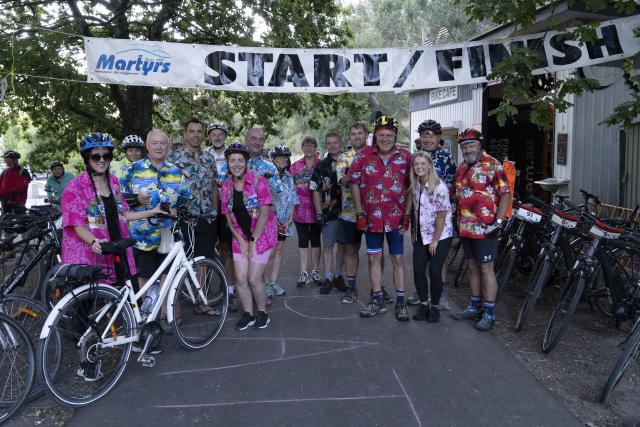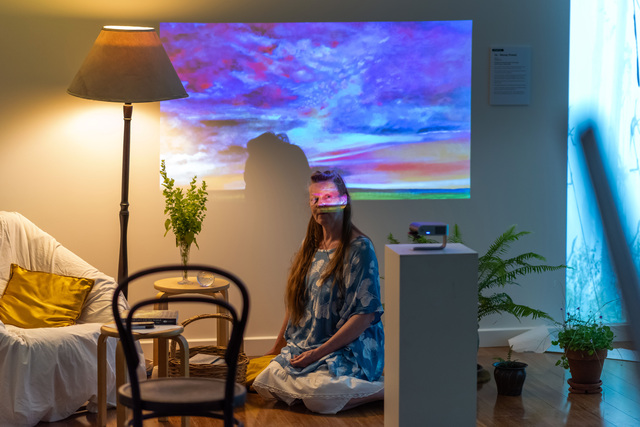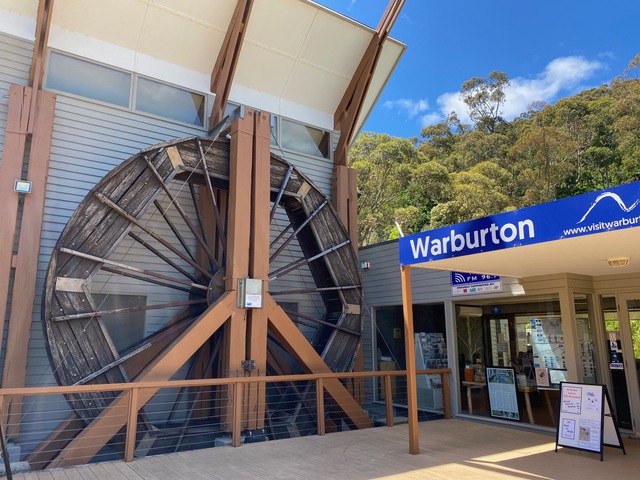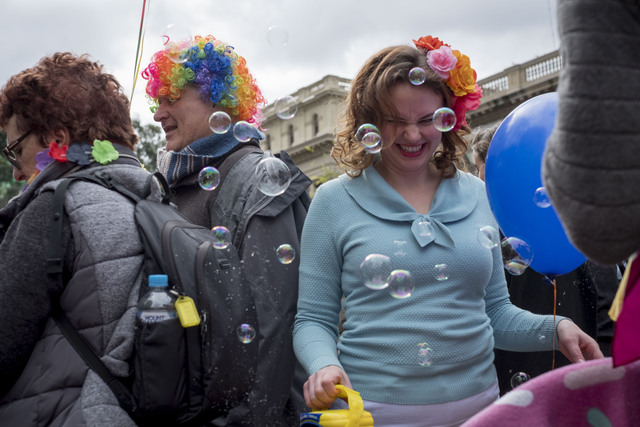By Kath Gannaway
POTTER Ken Naki returns to his village community on Vanuatu next week with plans to build a studio.
A month-long stay with Warburton master potter, Alistair Whyte, has added another level of skill, knowledge and inspiration in a joint project that is reviving the lost craft of pottery in Ken’s home region of Malakula.
Sitting in the light-filled studio at Warburton last week, Ken patiently put the finishing touches to one of numerous pottery ‘eggs’ he has made since arriving.
The eggs are etched with traditional designs.
“This one is stone,” he explains, pointing to a sketch of a traditional sand drawing.
“Others are fish, a leaf for drinking water, yam; things from village life.”
Along with bowls, vases, drums and other decorative and functional items, the eggs will be part of an exhibition and sale of works that will fund materials such as clay and glazes for Vanuatu.
Back home, Ken and others make the pottery to sell to tourists, and for use as part of everyday life in their villages.
There is plenty of evidence that pottery was part of island life, according to Ken.
“In the past people made pots to cook in, but we lost our traditional way to do this and now are starting to know about it again.
“When we go up to our gardens, we often find pieces of the old pots,” he said.
It is his second visit to Warburton as part of Alistair’s seven-year involvement with the Malakula communities.
Alistair’s father was a missionary on Vanuatu over 50 years ago and Alistair was invited back around seven years ago to help resurrect the long-gone craft and establish a sustainable industry.
He took along a potter’s wheel and researched the history of pottery on the island.
The project has evolved from basic hand-building techniques and a craftsman-made kick wheel to a point where the villagers are continuing training and producing saleable pottery.
Bricks, a generator and tools have been sent over in the past few years, and last year a wood-firing kiln was built.
“Almost every year we do workshops and try to include as many local people as possible,” Alistair said.
“But the one who is most persistent is Ken.”
In his village of Labo, the father of four is a skilled craftsman, painting and carving traditional masks.
The pottery not only provides a financial benefit, it’s another connection to his culture.
He says he is grateful for the interest Alistair has taken in his country’s heritage and people, and the skill he has passed on.
“He is a good man,” he said.
“This time when I go back, I will try to make a little house for making and storing the pots.”

